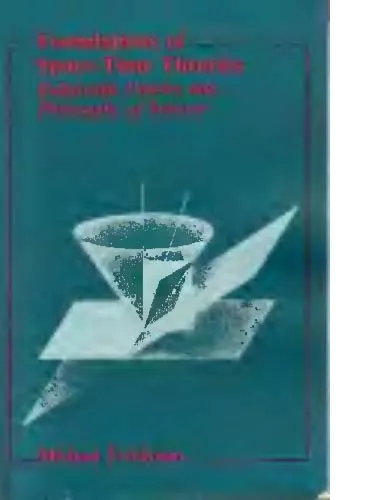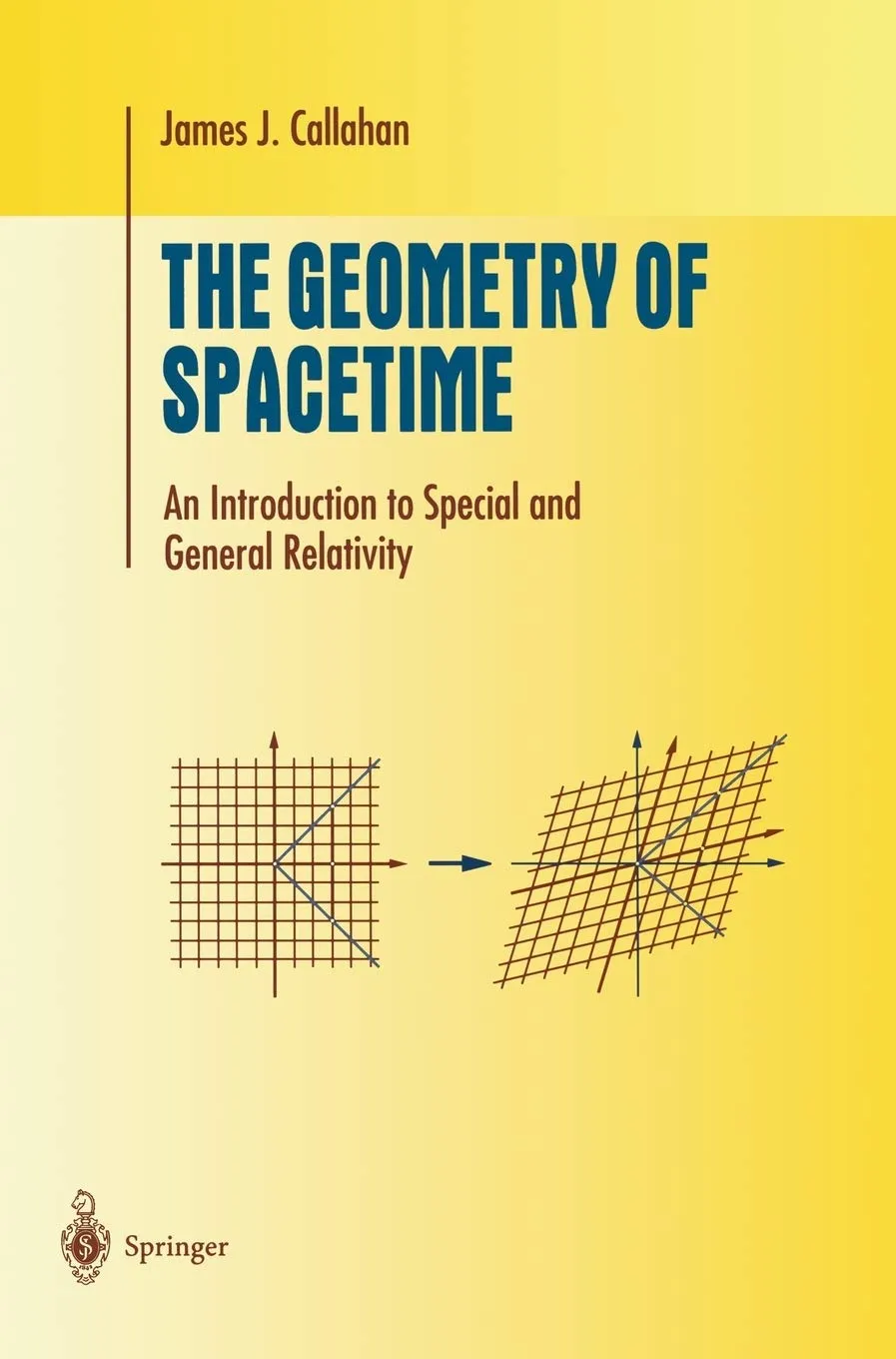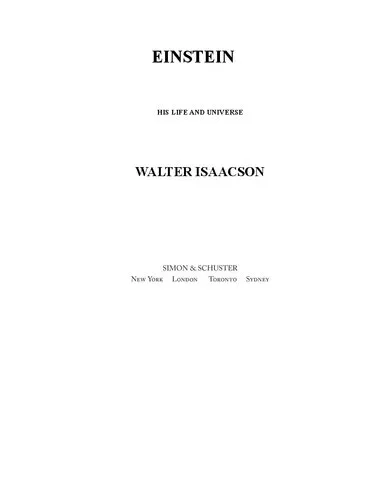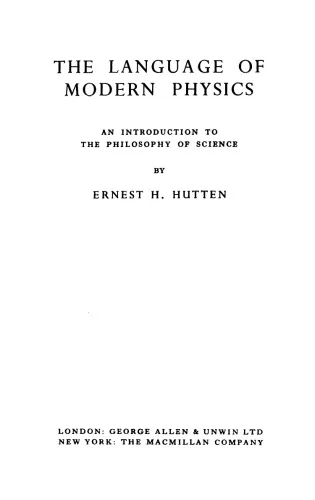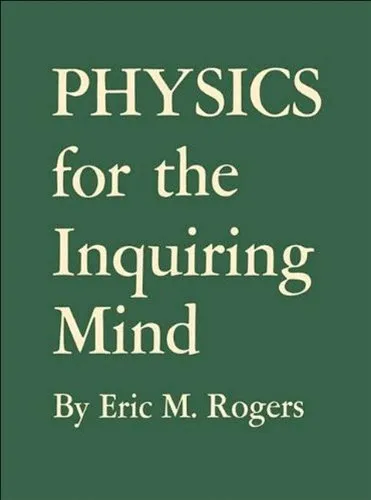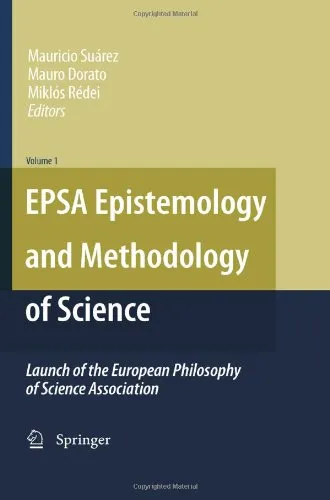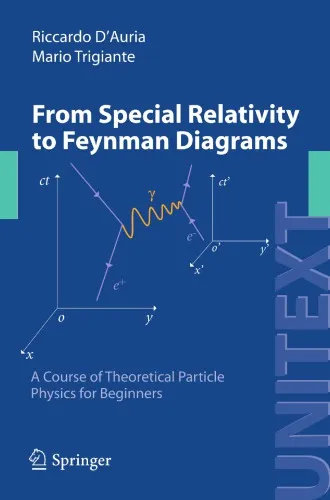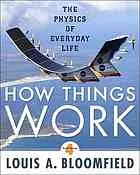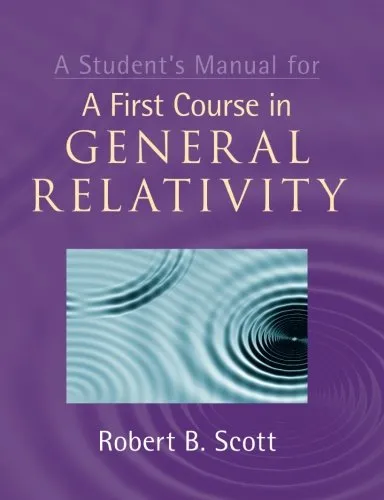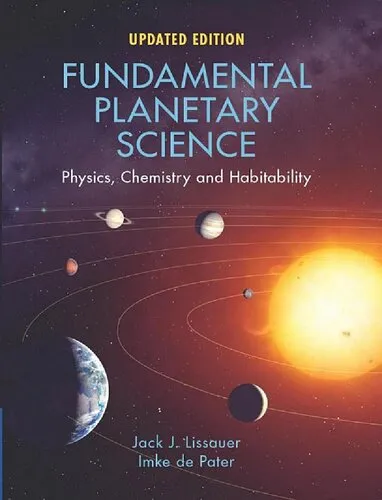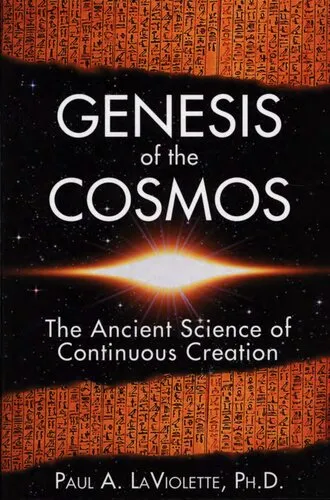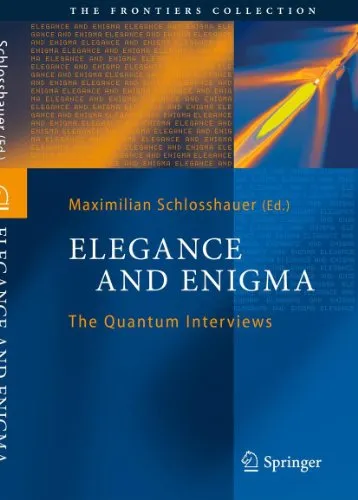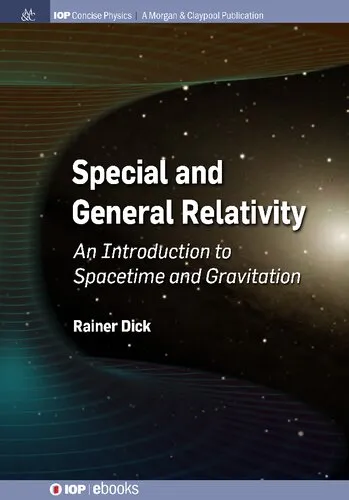Foundations of space-time theories : relativistic physics and philosophy of science
4.5
Reviews from our users

You Can Ask your questions from this book's AI after Login
Each download or ask from book AI costs 2 points. To earn more free points, please visit the Points Guide Page and complete some valuable actions.Related Refrences:
Introduction
Welcome to "Foundations of Space-Time Theories: Relativistic Physics and Philosophy of Science". This profound exploration bridges the domains of advanced theoretical physics and the philosophy of science, engaging with the very fabric of reality: space and time. Published as part of the Minnesota Studies in the Philosophy of Science series, this book invites readers to delve into groundbreaking perspectives addressing the conceptual underpinnings of general relativity, special relativity, and their philosophical interpretations.
Throughout history, humankind has sought to uncover the nature of space and time. With the advent of Einstein’s revolutionary theories of relativity in the early 20th century, the classical foundations were forever altered, raising deep questions about how we understand the universe and knowledge itself. This book uniquely examines both the technical and philosophical aspects of these theories, addressing key contemporary debates in the philosophy of science.
In this introduction to the volume, I will provide an overview of its central themes, key takeaways, memorable insights, and why this work remains crucial for thinkers in both physics and philosophy.
Detailed Summary of the Book
"Foundations of Space-Time Theories" is organized into several essays and chapters written by experts in the fields of physics and philosophy. The book addresses the foundational aspects of space-time theories, focusing primarily on Einstein's theories of special and general relativity.
The first section of the book establishes the mathematical and physical frameworks of relativity. Abstract but methodical explanations walk readers through the differences between classical and relativistic physics, highlighting the shift from Newtonian mechanics to Einstein’s revolutionary ideas. It provides historical context, showing how general relativity replaced long-standing notions of absolute time and space.
Next, the book delves into the philosophy of science, particularly the epistemological and ontological questions arising from these scientific theories. Complex issues—such as the debate between substantivalism and relationalism about space-time—are excavated in detail, with critical analysis of arguments from historical philosophers like Newton, Leibniz, and Kant juxtaposed against contemporary philosophical perspectives.
The final sections appeal to interdisciplinary audiences by blending technical rigor with a broader philosophical outlook. Questions such as “What does it mean for scientific theories to represent reality?” and “How do theories evolve in light of new paradigms?” are carefully considered. These analyses invite readers to think beyond formulas and engage with the human implications of relativistic theories.
Key Takeaways
- The revolutionary nature of Einstein's theories lies not only in their mathematical precision but also in their challenge to centuries-old philosophical assumptions about space, time, and motion.
- Understanding relativity requires more than technical knowledge—it demands grappling with deep philosophical questions about the nature of reality.
- The interplay between theory and observation in science is complex; while relativity provides a model of successful theory-making, it raises pertinent issues about realism and scientific representation.
- The relationship between physics and philosophy is not one-directional; insights from each domain can inform and enrich the other.
Famous Quotes from the Book
"Relativity theory does not simply provide a substitute for past frameworks. It transforms our very conception of what a framework for describing space and time ought to be."
"The history of space and time theories intertwines with the evolution of fundamental philosophical debates, reminding us that science and philosophy are inseparable in their pursuit of truth."
Why This Book Matters
"Foundations of Space-Time Theories" is far more than an academic study—it is an invitation to interrogate how we conceive of reality itself. By blending mathematical physics and philosophy seamlessly, this book equips readers to critically engage with one of the most transformative scientific revolutions in history.
For scholars of both physics and philosophy, this book is an invaluable resource. It not only deepens technical understanding of relativity but also fosters dialogue about the philosophical underpinnings of science. At a time when interdisciplinary perspectives are increasingly necessary, this contribution remains as relevant today as it was on the day of its publication.
Whether you are a student of physics, a philosopher of science, or simply a curious reader fascinated by the profound mysteries of existence, this book offers insights that challenge, inspire, and broaden horizons.
Free Direct Download
You Can Download this book after Login
Accessing books through legal platforms and public libraries not only supports the rights of authors and publishers but also contributes to the sustainability of reading culture. Before downloading, please take a moment to consider these options.
Find this book on other platforms:
WorldCat helps you find books in libraries worldwide.
See ratings, reviews, and discussions on Goodreads.
Find and buy rare or used books on AbeBooks.
1368
بازدید4.5
امتیاز0
نظر98%
رضایتReviews:
4.5
Based on 0 users review
Questions & Answers
Ask questions about this book or help others by answering
No questions yet. Be the first to ask!
